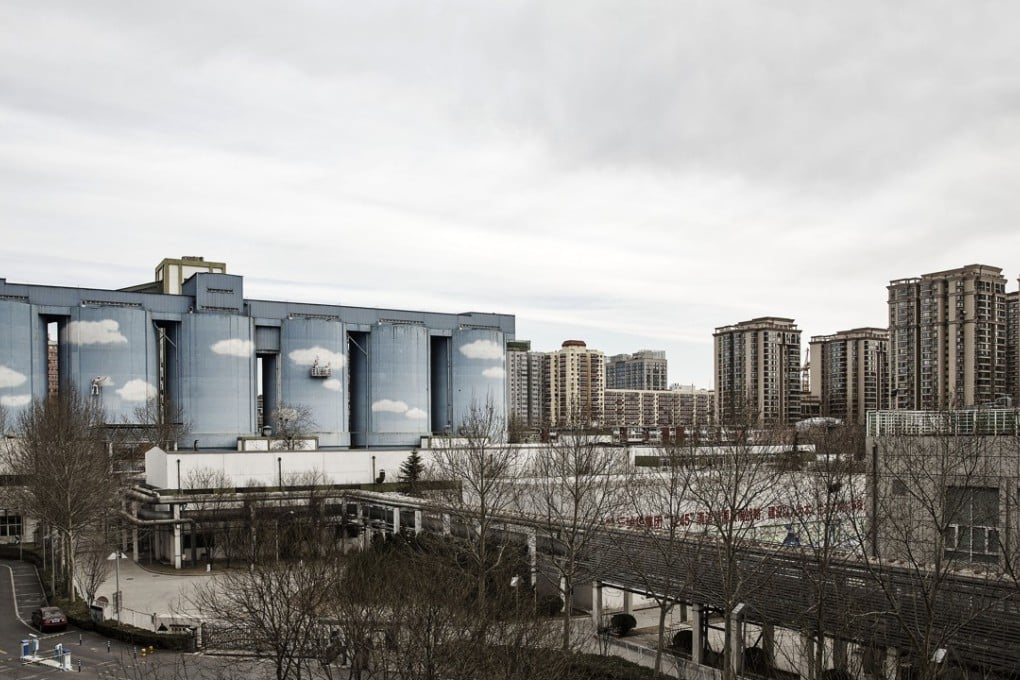Huaneng aims to generate 60 per cent more electricity from power plants along new Silk Road

China Huaneng Group, the nation’s largest power producer, said it’s planning to increase its overseas
generation capacity by 60 per cent in three years, with a substantial portion in nations covered by China’s Belt and Road Initiative, according to the chief of its Hong Kong unit.
While expansion in emerging markets along Chinese president Xi Jinping’s new Silk Road initiative can be rewarding, it’s also a challenging journey, China Hua Neng Group Hong Kong general manager Chen Xi said during a Monday summit in Hong Kong on the infrastructure plan.
“This year has been a harvesting year for Huaneng in the belt and road nations,” he said. “But we have faced plenty of challenges and difficulties.”
Huaneng is the state-owned parent of Hong Kong and Shanghai listed Huaneng Power International, which owns some of the most efficient plants of the group.
China Huaneng, which has global generating capacity of 160 gigawatt (GW) - roughly a 10th of China’s total, has invested in plants overseas with combined annual generating capacity of 10GW since it was set up over three decades ago.
It aims to raise it to 16GW by 2020, Chen said, adding it has commissioned 1.32GW of coal-fired plants in Pakistan mid this year, filling a quarter of the nation’s power supply gap.